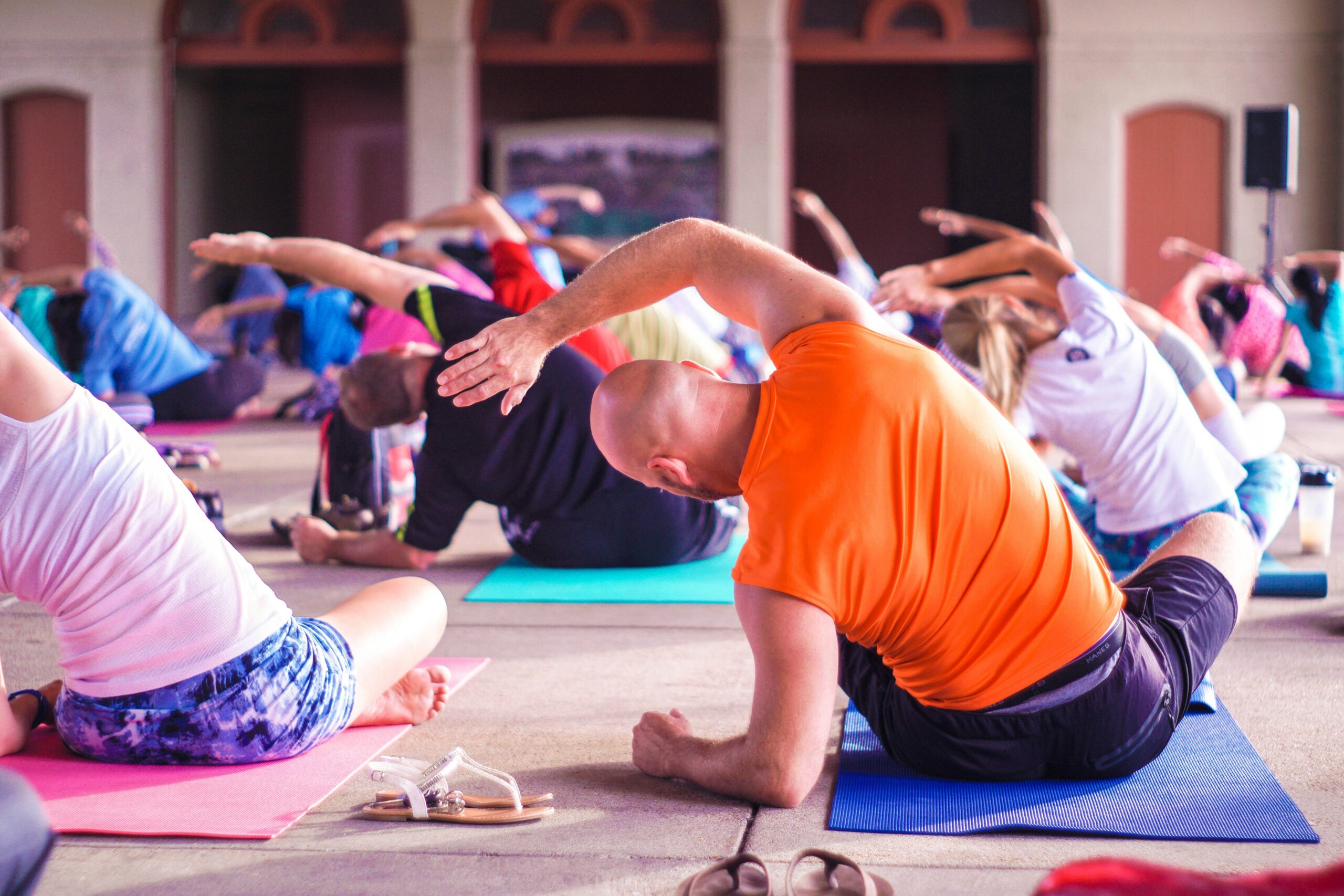
Daily exercise is one of the most powerful habits for maintaining both physical and mental well-being. While many people associate fitness routines with short-term goals such as weight loss or muscle gain, the actual benefits extend far beyond appearances. In fact, consistent physical activity has a profound impact on nearly every system in the body. Moreover, it builds resilience, strengthens the immune system, and enhances emotional well-being in ways that last a lifetime.
Although beginning a workout routine can feel challenging at first, each small effort compounds over time. As the body adapts, energy levels rise, mood improves, and the mind grows sharper. Furthermore, these benefits do not depend on extreme workouts; even moderate activities such as brisk walking or cycling can yield lasting rewards. With consistency and balance, daily exercise transforms not only how you look but also how you live.
Enhances Physical Health and Longevity
Regular exercise is one of the most effective ways to strengthen your heart and lungs. When you move your body regularly, your cardiovascular system becomes more efficient, enhancing blood circulation and oxygen delivery. Consequently, this reduces the risk of chronic diseases such as heart disease, hypertension, and diabetes. Over time, these improvements contribute to a longer, healthier life. Additionally, physical activity helps regulate cholesterol levels, manage blood sugar, and improve overall metabolic health.
Beyond internal benefits, exercise plays a key role in maintaining strong bones and flexible joints. Weight-bearing activities, such as jogging or resistance training, stimulate bone density, which is essential for preventing osteoporosis. At the same time, stretching and mobility exercises keep joints lubricated and muscles supple. In turn, this reduces the likelihood of injury as you age. Therefore, daily movement not only strengthens your body but also preserves your independence for years to come.
Boosts Mental Health and Reduces Stress
In addition to physical benefits, daily exercise offers powerful support for mental well-being. When you move, your brain releases endorphins—chemicals known for producing feelings of happiness and relaxation. As a result, regular workouts can reduce anxiety, ease symptoms of depression, and promote a more positive outlook on life. Furthermore, the sense of accomplishment that follows each workout builds self-esteem and confidence.
Likewise, exercise serves as a healthy outlet for managing stress. Instead of internalizing tension, physical movement allows you to release it constructively. For example, a jog after work or a morning yoga session can help you reset your mind and prepare for the day ahead. Over time, this habit strengthens emotional resilience, enabling you to handle life’s challenges with greater clarity and calm.
Improves Cognitive Function and Memory
Another long-term benefit of daily exercise is its ability to enhance brain function. Physical activity increases blood flow to the brain, delivering oxygen and nutrients essential for optimal cognitive function. Consequently, individuals who exercise regularly often experience sharper memory, quicker thinking, and better problem-solving skills. Studies also suggest that regular physical activity helps delay age-related cognitive decline.
Furthermore, exercise supports neuroplasticity—the brain’s ability to form new neural connections. This means that as you move more, your brain becomes better at learning and adapting. Whether you’re studying for an exam or navigating a complex task at work, regular workouts can significantly improve concentration and focus. In other words, exercising your body helps keep your mind young and agile.
Builds Discipline and Consistency
While the physical and mental effects of exercise are well-documented, one of the most overlooked benefits is the personal growth it fosters. Committing to daily movement requires discipline and consistency—qualities that spill over into other areas of life. Over time, you learn to push through discomfort, set achievable goals, and follow through on commitments. As a result, this habit strengthens your sense of purpose and self-control.
Moreover, developing an exercise routine encourages better time management. You begin to prioritize what truly matters, whether it’s waking up early for a workout or preparing healthier meals. These small decisions create momentum, turning a once-difficult habit into a lifestyle. Eventually, the discipline you build through exercise helps you tackle challenges with focus and determination in every aspect of life.
A Lifelong Investment in Well-Being
Ultimately, the lasting benefits of daily exercise extend far beyond the gym. Every step, stretch, or lift contributes to a healthier, more vibrant life. Moreover, the rewards compound over time, enhancing longevity, mental clarity, and emotional balance. By prioritizing daily tasks, you invest in your future self—one with greater strength, resilience, and happiness.
Therefore, rather than viewing exercise as a short-term goal, see it as an enduring commitment to your overall well-being. Start small, stay consistent, and let each day’s effort bring you closer to lasting health. With persistence and purpose, daily exercise can genuinely transform the quality of your life—for today and for decades to come.
Strengthens Social Connections and Motivation
Interestingly, daily exercise also provides social benefits that enhance motivation. Joining a fitness class, walking with friends, or participating in team sports creates opportunities for connection and shared experiences. These social interactions make the process more enjoyable and sustainable in the long run. In fact, people who work out with others are often more likely to stick to their routines.
At the same time, being part of a community fosters accountability and encouragement. When you celebrate small wins together—such as completing a brutal workout or reaching a fitness milestone—you strengthen bonds that enhance your emotional well-being. In this way, exercise not only improves your physical and mental state but also nurtures a sense of belonging and support.